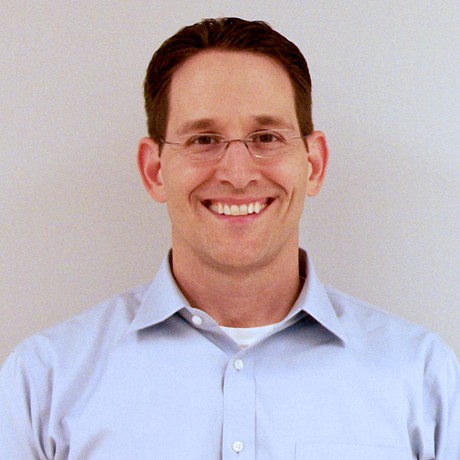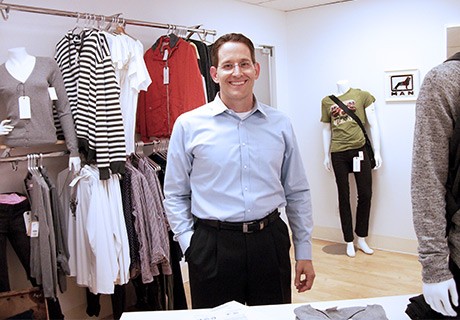What inspires me:
I find inspiration in the journey of learning something new. When faced with a problem, the process of discovering a positive conclusion is also hugely inspirational.
The biggest challenge in my current role:
Deciding what not to work on! There are a lot of new projects and applications with RFID that pop up, so it’s a matter of prioritizing resources and balancing short term and long-term needs of our customers.
What drew me to Avery Dennison and RFID:
I was attracted to the technology and the opportunity to learn something new. My background is in electrical engineering and I reached a point where I wanted to move from a technical R&D role to a more customer-facing role. At the time, I was working on my M.B.A. and one of my strategy classes was to examine Avery Dennison. RFID was an emerging application and it sparked my interest. Once I learned more about the company’s position in that space, I was fortunate to have the opportunity to join the Applications Engineering Group. I was the fifth employee hired in Avery Dennison RFID Applications Group in 2004. We weren't an official division at that time. It was something new and the opportunity for personal and professional growth was exciting.
The biggest challenge facing RFID:
Apparel is a strong growth vertical, but as we get into other product categories within retail, there may be issues with metal, water, and mercurial properties. We see new methods for reading RFID tags which will create a tension between tag size and read range, challenging our designs to maintain performance across the global supply chain. Our design team loves new challenges! How RFID gets integrated into packaging while maintaining aesthetics is an area we expect to see some opportunities. Reflective properties of the packaging for example can present challenges.
How RFID has transformed the industry:
RFID is a tool, it’s a flashlight that gives greater visibility into a company’s supply chain. It allows them to track right down to the item level at retail. A lot of consumers aren’t familiar with RFID, but they’re likely having a very positive experience at the store because RFID products are on the shelf. They can now buy something online and pick it up in-store with high confidence of item availability. In terms of the actual technology, RFID hardware is now higher performing, and handheld devices are smaller and lighter, and tag performance is very good. This leads to more companies wanting to use the technology to solve their most pressing needs where up until the past couple of years, they didn’t have an economical solution.


